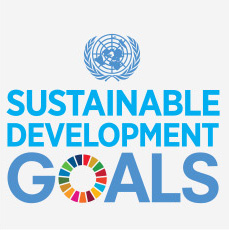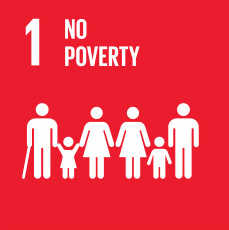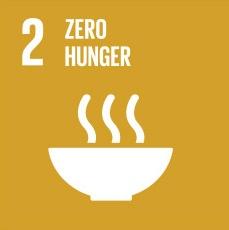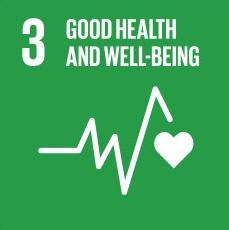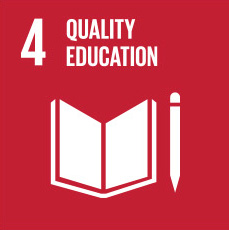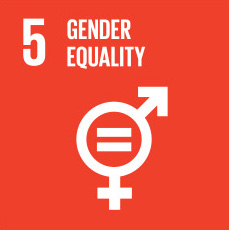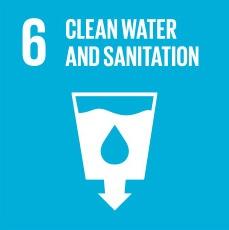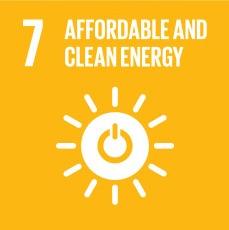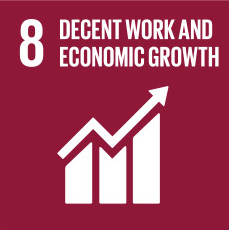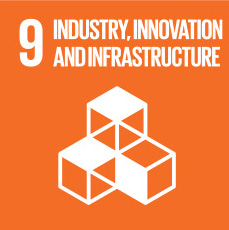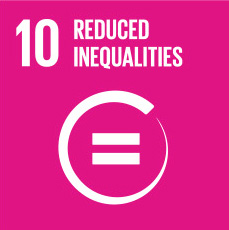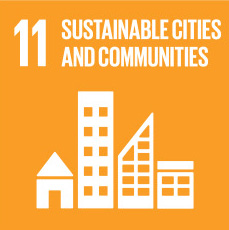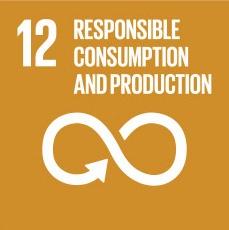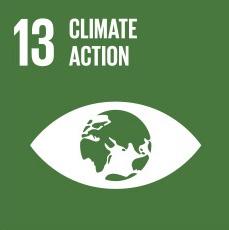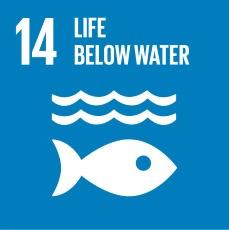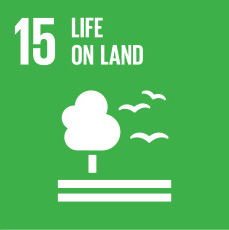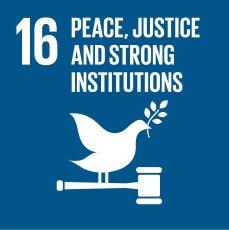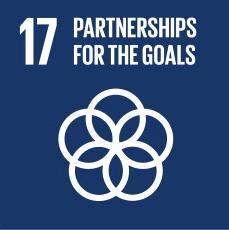Civic Education Programme (CEP)
Through the Civic Education Programme (CEP) the NID designs and develops civic education and training programmes based on principles of multi-party democracy as enshrined in the Namibian constitution. In order to ensure optimal access by Namibians to these programmes, the CEP is implemented on two often interrelated levels: national mass media information programmes and personal contact programmes. In consultation with local and traditional authorities and community leaders, the personal contact programmes are conducted in different indigenous languages in all regions.
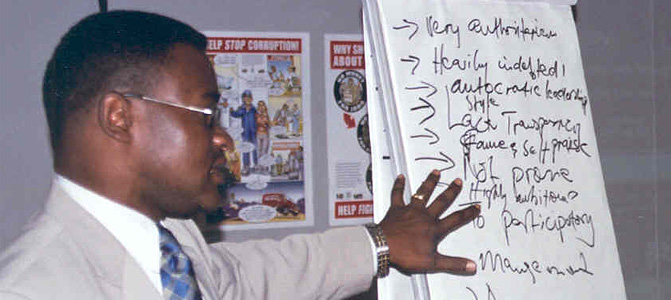 Civic Education Programme
Civic Education Programme
Civic education mass media information and training materials are also designed and produced in different indigenous languages. Programmes are produced for national broadcast on radio and television, while printed information materials are distributed through partnerships with other civil society organisations, government institutions, traditional and other community leaders and other interest groups.
Civic education programmes on democracy, good governance and human rights are being conducted around the following topics:
The Constitution of the Republic of Namibia
Hailed as one of the most democratic constitutions, Namibia's Constitution was made more accessible to citizens with its translation into seven indigenous languages.
Voter Education
The Elections Support Consortium (ESC) was formed in December 2002 by a civic and voter education campaign partnership. Implemented by the Electoral Commission of Namibia (ECN), the NID and the Legal Assistance Centre (LAC) in 2003, the partners are committed to strengthening the democratic political culture in Namibia and promoting acceptance of a shared system of democratic norms and values. Under the terms of the ESC, the NID is tasked with developing and implementing a mass media campaign to further the overall objective of the campaign, namely to increase public awareness of, and informed participation in, the political process; specifically to increase public awareness of key democracy principles; of the rights and responsibilities of citizens in a democratic system; of the importance of broad and continuous citizen participation in democratic processes, including in particular, the upcoming local and national elections; of key issues relevant to the respective elections; and, to the extent that impartiality can be assured, of the political platforms of the respective parties. Outcomes of this project would ideally include improved awareness of problematic issues pertaining to a democratic society and solutions thereof by the public, increased communication between the elected and their electorate, an understanding of the Namibian public's involvement on all levels and ultimately a stronger, vibrant and active civil society.
Rights and duties of Namibian citizens
A civic education initiative including mass media, seminars and a national essay competition on the rights and duties of citizens in a democracy.
Street law for the youth in Namibia
A series of three volumes entitled "Law for All" was published and is used to educate the youth on Namibian, criminal and family law.
Promoting democracy amongst the youth in Namibia
A media campaign, including newspaper insert and a national essay competition on the role of the youth in democracy.
Multi-media campaign on people with disabilities (PWDs) in Namibia
The campaign seeks to address ignorance regarding disability and the resultant economic and social discrimination against PWDs in violation of fundamental human rights and freedoms. The campaign has raised awareness amongst non-disabled Namibians and PWDs about the capabilities and contributions of disabled Namibians in society. Implemented in co-operation with the Directorate of Rehabilitation and the International Labour Office, funded by the U.S. Embassy.
Preparing the Youth for Democracy
Presented in co-operation with the Ministry of Basic Education, the programme included a newspaper insert and national essay competition on the principles of democracy.
Crime Alert Project
Escalating crime, in particular the incidence of violent crime, in Namibia was addressed by this programme which created a platform for the Namibian Police Force (NamPol) and the private and social sectors to discuss and strategise crime intervention mechanisms. Held throughout the country, the project succeeded in creating an initial partnership between NamPol and citizens and saw the creation of the first police/public liaison committees and community policing.
Democratic Choice competition
A national newspaper insert competition highlighting the importance of citizen participation and choice in a democracy.
The Rule of Law
Civic education is conducted to highlight the importance of the rule of law and its institutions.
Committee for the implementation of civic education in schools
Represented on a committee which advocated for the implementation of a civic education subject in Namibian schools by the Ministry of Basic Education and Culture.
Inter class competitions on democracy in schools
The role and function of the Ombudsman in Namibia
Wills, Testaments and Estates in Namibia
A campaign held in co-operation with the Law Society of Namibia (LSN) to not only inform but also encourage citizens on the importance of drafting a will. The campaign furthermore seeks to advocate for reform of the discriminatory existing inheritance laws. An original information booklet entitled "Wills, Testaments and Estates in Namibia" published in 2001 was subsequently published in seven indigenous languages.
The Role of Trade Unions in a Democracy
Pursuant to the identification of the need for further trade union training, the programme provides a series of in-depth national workshops for trade union leaders, key union personnel and members regarding the role and functions of trade unions in a democracy.
Programme to increase the Participation of Women in Political and Democratic Processes
The NID implements the programme which aims to increase the participation of women in political and democratic processes through standing as candidates for regional elections, engaging in voter/civic education activities and supporting women candidates as constituents and voters. The programme includes training of trainers (ToT) to, in turn, train women to stand as candidates, develop campaign strategies and serve as elected officials; follow-on ToT for major political parties and independent interests on in-depth campaigning, public speaking and strategy; CSO support to engage in targeted media activities promoting the awareness of women candidates and issues; candidate training activities.
Multi-media campaign on violence against women and children
Noting an increase in the incidence of violence against women and children, the campaign was launched in co-operation with the Ministry of Information and Broadcasting with the objective of breaking the culture of silence prevalent in such crimes. A highly successful campaign, it achieved de stigmatisation, saw an increase in the reporting of such crimes and harsher sentences for offenders.
Married Persons Equality Act informative campaign
The Married Persons Equality Act (Act 1 of 1996) reformed and revolutionised the rights and status of women in civil marriages. Ensuing controversy was addressed by the campaign which sought to provide information and dispel common misconceptions regarding the content of the Act and its implications. The campaign included the publishing of a colloquial summation of the Act, posters, brochures and national competition.
Strengthening Regional Democracy in Namibia
Execution of a mass media campaign in co-operation with the Association of Regional Councils which includes, amongst others, a newspaper insert and seminars on the role and functions of Regional Counselors.
